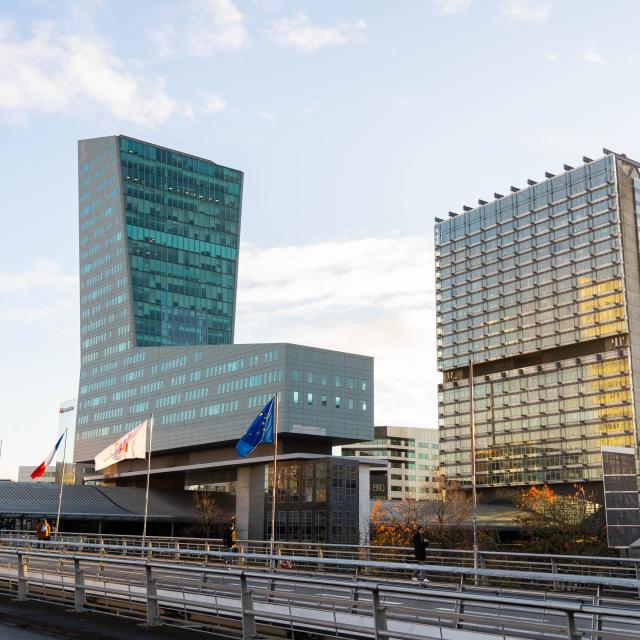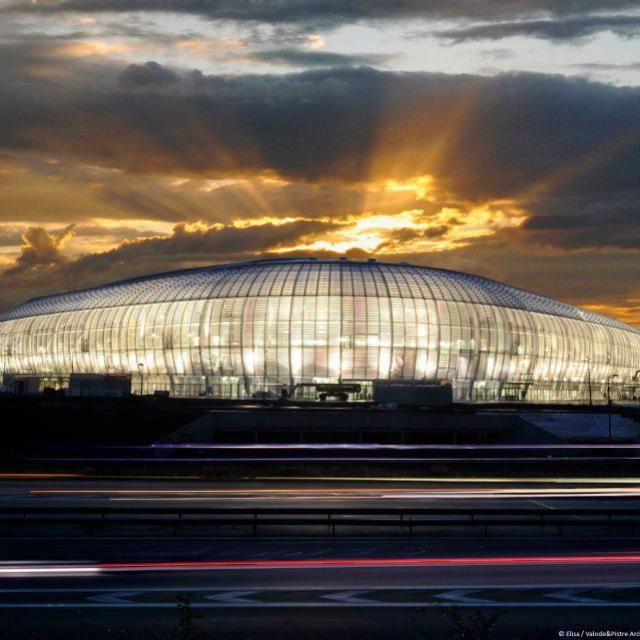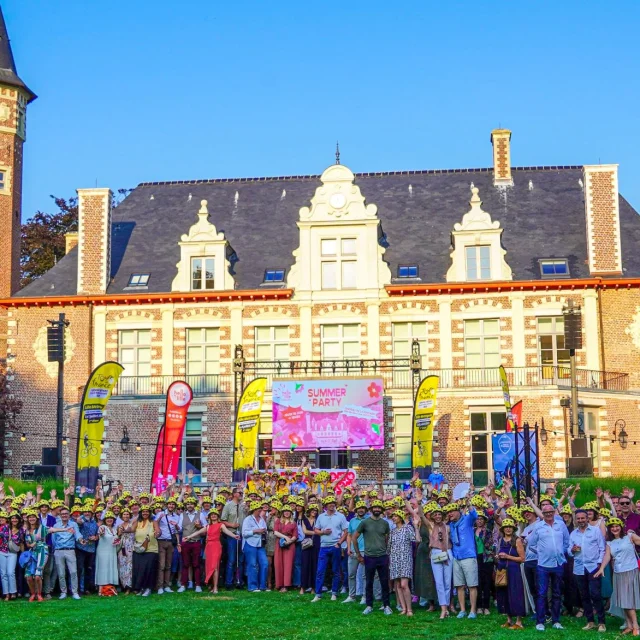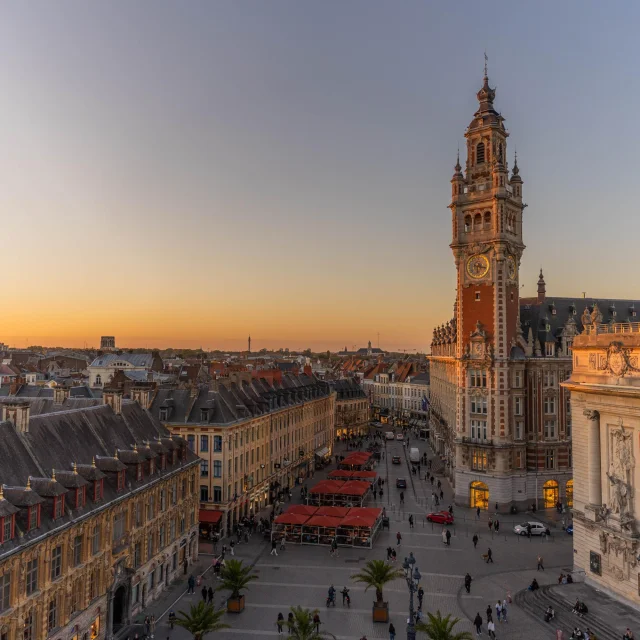

Services
Temporary exhibitions
Adult workshop
Conferences
Junior workshop
Auditorium
Restaurant
Projection room
Fully equipped meeting room
wifi access
Lift
Bar, cafeteria, tea room, refreshment bar
Shop
- Activities
- Temporary exhibitions
- Adult workshop
- Conferences
- Junior workshop
- Equipment
- Auditorium
- Restaurant
- Projection room
- Fully equipped meeting room
- Services
- wifi access
- Lift
- Bar, cafeteria, tea room, refreshment bar
- Shop
- Free car park
- Paying car park
- Restaurant
- Toilets
Services offered
Quality standards
Quality standards
 Qualité Tourisme
Qualité TourismeLocation
Spoken languages
Spoken languages
Access
Access
- Public transport : Métro ligne 2, station "Gare Jean Lebas"





